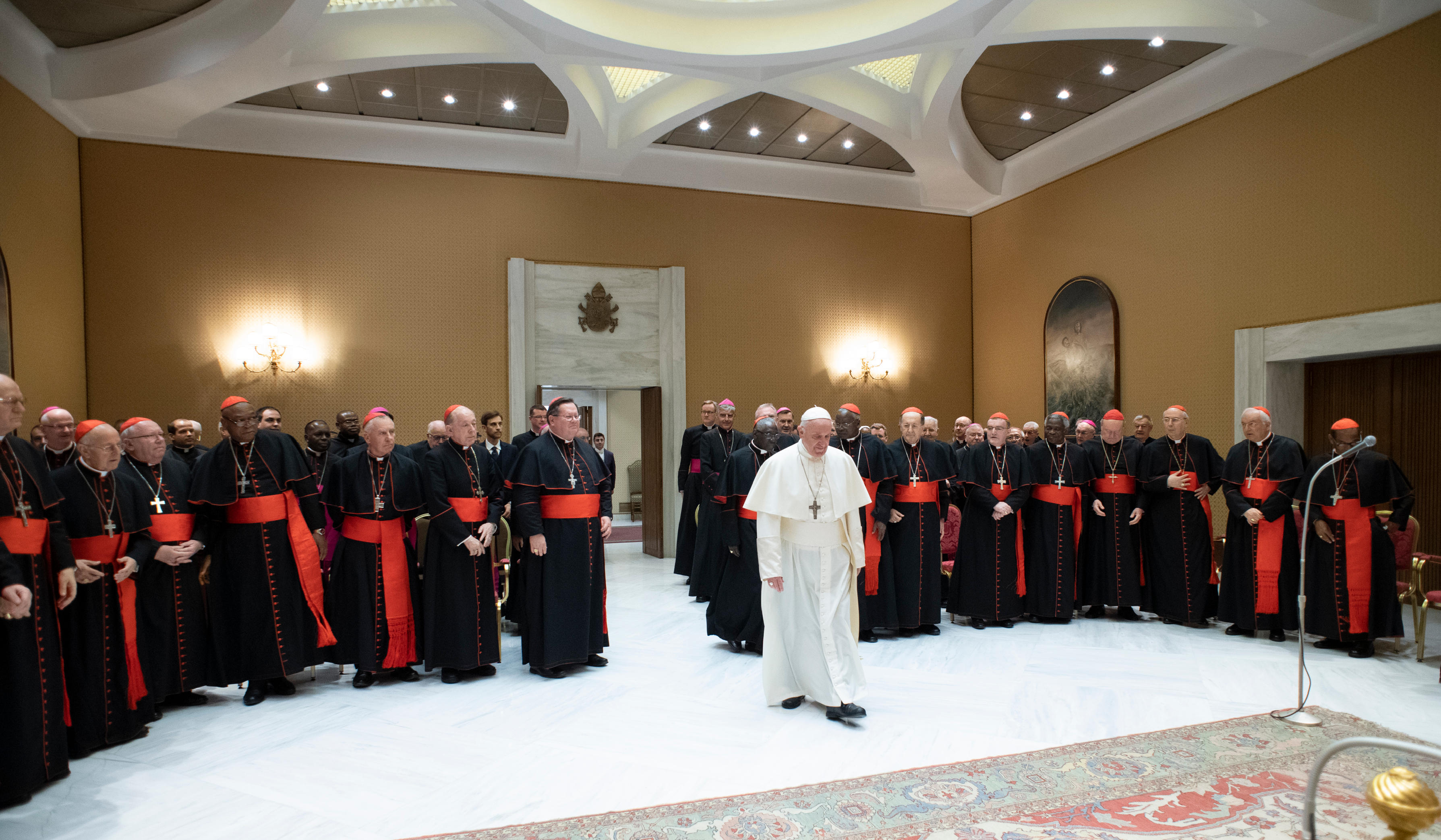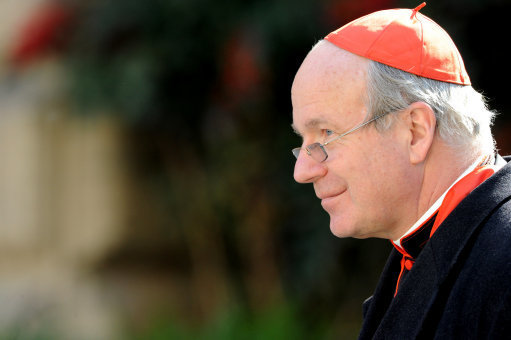The president of the Austrian bishops’ conference, Cardinal Christoph Schönborn, sent a video message to Pope Francis and the bishops on the eve of the abuse summit in the Vatican (which Schönborn will be attending) emphasising that the most important aspect when handling abuse cases is to listen to and above all believe the victims.
“In the course of the last thirty years I have spoken to many abuse victims. The most important thing I learnt was to listen”, he emphasised. The threshold of fear on the victims’ part was extremely high, he pointed out. It took many victims a very long time – “often 20 or even 30 years” – before they felt able to talk about the abuse, “The decisive question is whether we believe them”. Abuse victims had all too often experienced being “shoved aside” and not believed, the cardinal recalled.
It had been especially hurtful for him to hear of spiritual abuse. “If priests use Jesus’ name to put fear into their victims by telling them things like ‘If you talk, Jesus will disown you and you will go to hell’, the victim’s situation is dramatically exacerbated. They are then not only “infected with fear of the perpetrator but the perpetrator also contaminates their fear of God”. Overcoming this fear was one of the most difficult thresholds. That was why it was imperative that the victims “experience the Church’s consolation, that they are listened to honestly, trusted and believed”, he underlined.
The cardinal later told journalists that Pope Francis’ strategy of insisting that bishops meet with victims and reflect on their situations was the right way forward. Bishops from all cultures must be open to the topic of abuse. “If one is open that changes a culture, it encourages the victims to speak out, it warns the perpetrators and awakens bishops’ responsibility not to look the other way and not to hush up”, Schönborn said.
The “law of silence” was still widespread globally, he deplored, but the issue of abuse was now globalised. The “#Metoo movement” was proof of that. “I think that however painful it is, it is also an opportunity and I expect great culture change.” When he was young, a pedagogy was still practised in which children were thrashed, he recalled. “Society has changed as far as that is concerned, but regarding sexual abuse and abuse of authority we’ve only just begun. That is a cultural change that will overtake the whole of society – and that’s a good thing”.



 Loading ...
Loading ...